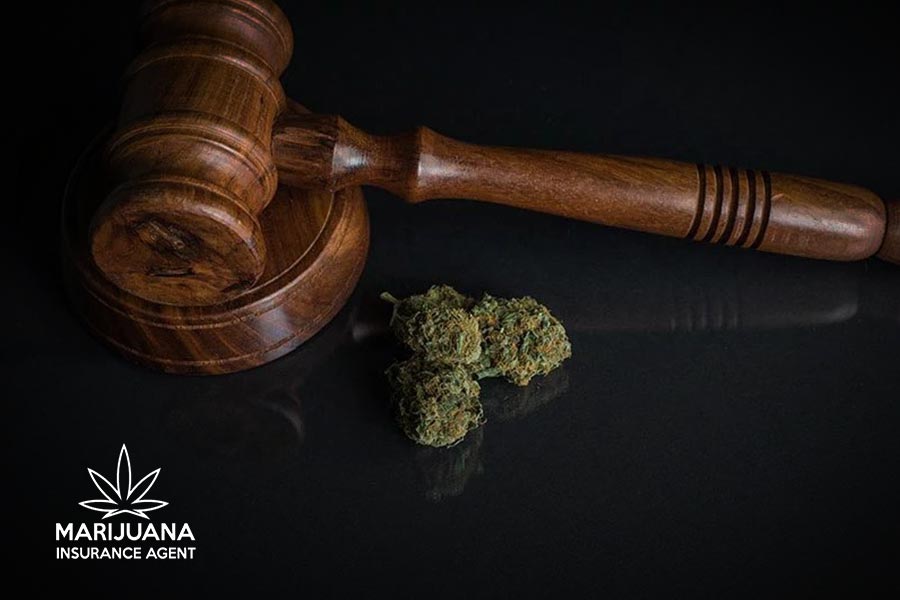The US District Court in Oregon sided with a homeowner in a dispute with an insurance company over whether their policy covered fire damage arising from the manufacture of a cannabis salve containing hemp-derived CBD.
The case illustrates the increased protection afforded to marijuana businesses and users in the eyes of the law since the enactment of the 2018 Farm Bill that federally legalized hemp containing less than 0.3 percent THC.
The insurance company refused to pay for the homeowner’s damages on the basis of a controlled substances exclusion which precludes:
Loss or damage arising out of the use, sale, delivery, transfer, possession, growing, production, processing, warehousing, transportation, or manufacturing, by any “insured” or with any “insured’s” knowledge, of a controlled substance, as defined by the Federal Food and Drug Law at 21 U.S.C.A. Sections 811 and 812 (as amended), regardless of whether the controlled substance is legal under any state law (for example: marijuana).
The cannabis in question was hemp that had been harvested in 2017 and 2018. This was sent to an independent lab to determine how much THC it contains. It found the 2017 hemp had a “total THC” level of 0.381 percent by weight and the 2018 hemp had 0.259 percent. The amount of delta 9 THC – the most abundant psychoactive cannabinoid in the cannabis plant – was found to be close to zero.
Each side presented arguments referring to the language in the homeowner’s insurance policy. The insurance company argued that since the 2017 hemp had a total THC level greater than 0.3 percent it is legally marijuana and therefore a controlled substance which is excluded from coverage. The plaintiff, however, claimed that “total THC level” is irrelevant to the definition of controlled substance under the policy.
The court ruled in favor of the homeowner, noting first of all that the insurance company carries the burden of demonstrating the applicability of an exclusion to coverage. The justices said “total THC levels” are not applicable in this case since the insurance company’s policy defines “controlled substances” on the basis of federal statutes that only make reference to delta 9 THC.
Oregon law refers to “total THC,” which can include other cannabinoids such as delta 8 THC and THCA, but the policy in question made no mention of Oregon’s regulatory framework. In essence, the court ruled the insurance company’s policy makes use of the statutory definition of hemp as containing less than 0.3 percent delta 9 THC. And in this case, the levels of delta 9 THC were below this threshold.
As such, the justices concluded THC cannabinoids other than delta 9 THC should not be considered as applicable in order to justify coverage exclusion.
The ruling is welcome news for homeowners who want to manufacture and process hemp while having confidence that their insurer will still cover them for any potential damages. The danger, however, is that insurance companies will simply update their policy language to make the total THC requirement explicit, instead of vague references to delta 9 THC.

Leave A Comment